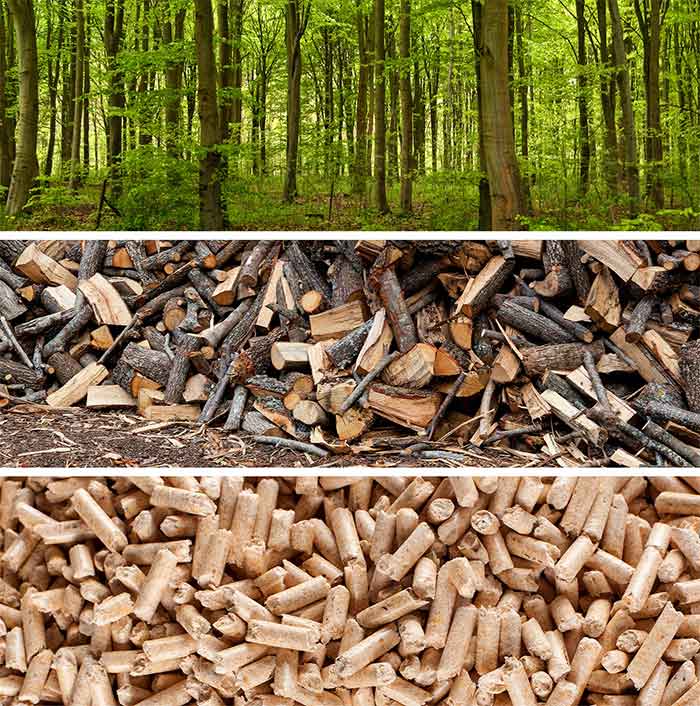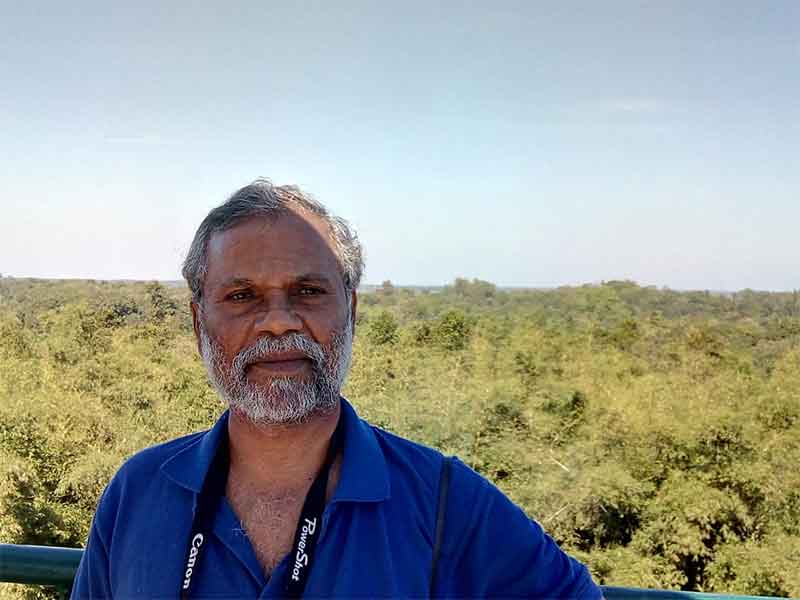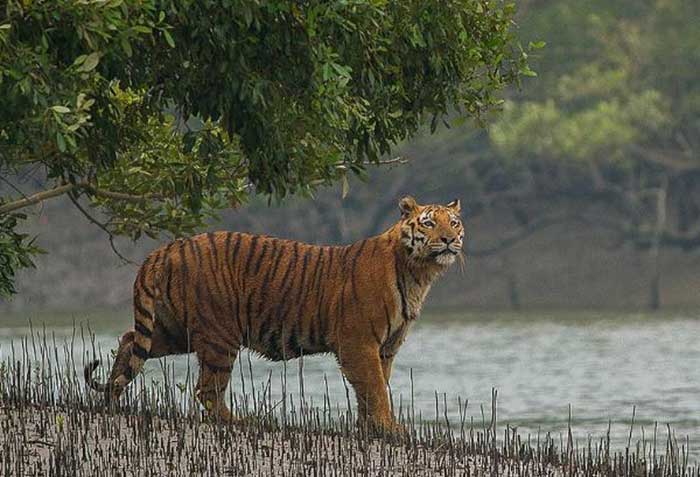
While it has always been important to protect trees, the urgency for this has increased further in recent times of climate change. Trees play a very important role in soil and water conservation, apart from providing shelter and food to so many birds, animals and insects. Apart from their great environmental role whose value is increasing further, trees play a very important t role in providing the base for sustainable livelihoods and protecting from various disasters.
All this is very important particularly in a country like India where two thirds of the people still live in rural areas and depend on rural livelihoods. Trees also provide nutritious food to people living near forests, ( particularly during the lean season and in drought years).
It is not adequate to make up for the loss of grown-up trees by planting new trees, as it is uncertain how many will survive. Sometimes decorative or commercial plants are planted while replacing big, broad leaf species trees whose ecological role is very important. There are in fact several problems with the way in which compensatory afforestation is being implemented in India.
The basic principle of trying to protect as many trees as possible and trying to avoid felling of any tree as much as possible should be honored and in times of climate change it is even more important to do so.
Despite this we have been seeing more and more instances of avoidable destruction of trees. It is extremely sad to see tens of thousands or even hundreds of thousands of trees being felled for projects of dubious merit. We see beautiful trees of great ecological value felled on roadsides for a long distance, then talk to local people and they say that this widening of roads was not really needed or at least there was no such urgency as to fell so many trees.
Unfortunately even areas of crucial ecological significance are not spared. What could be more ecologically crucial than the catchment area of the Ganga river in Uttarakhand Himalayan region, but here a very large number of trees have been felled and even more are threatened for dam construction and road widening work which is not really needed and has been harmful in other important contexts also.
In this region local people tell that the felling of a big tree may actually involve the felling of smaller nearby trees as well and so the actual number of destroyed trees is likely to be much higher than the trees officially recorded to be felled.
Bundelkhand region is a drought-prone region where better tree cover is badly needed. Despite this trees are being felled for road-widening work not really needed. However the biggest threat to trees here comes from the controversial Ken-Betwa link project whose basic rationale is highly suspect and which has faced repeated criticism and opposition right from its very inception from local people as well as from experts. It has been estimated that over 2 million trees will be destroyed by this project.
Any project which can result in the destruction of so many trees should not even be considered as such a loss is too costly to bear in times of climate change.
Here a question needs to be raised regarding what happens to the tens or even hundreds of thousands of trees which are felled in a single project area. These include trees whose timber is valued quite highly in the market. So we need to answer what kind of powerful interests are tied up with the felling of these trees. Who gets the most benefits? Are careful procedures followed to avoid corruption? Is proper auditing done? Are proper records maintained? Are such records available for earlier projects in which a large number of trees were felled? What kind of money is involved?
The possibility should be explored as to whether the felling of trees brings so much money to some powerful persons that this itself becomes a reason for pushing dubious projects. This question is particularly important in the context of those projects for which the number of tress felled ( or to be felled ) is very large and the project has been widely criticized for its other harmful aspects as well.
Some urgent steps are really needed to stop all large-scale felling of trees for projects of dubious merit.
Bharat Dogra is a journalist and author . His recent books include Planet in Peril and Protecting Earth For Children.
GET COUNTERCURRENTS DAILY NEWSLETTER STRAIGHT TO YOUR INBOX
















































